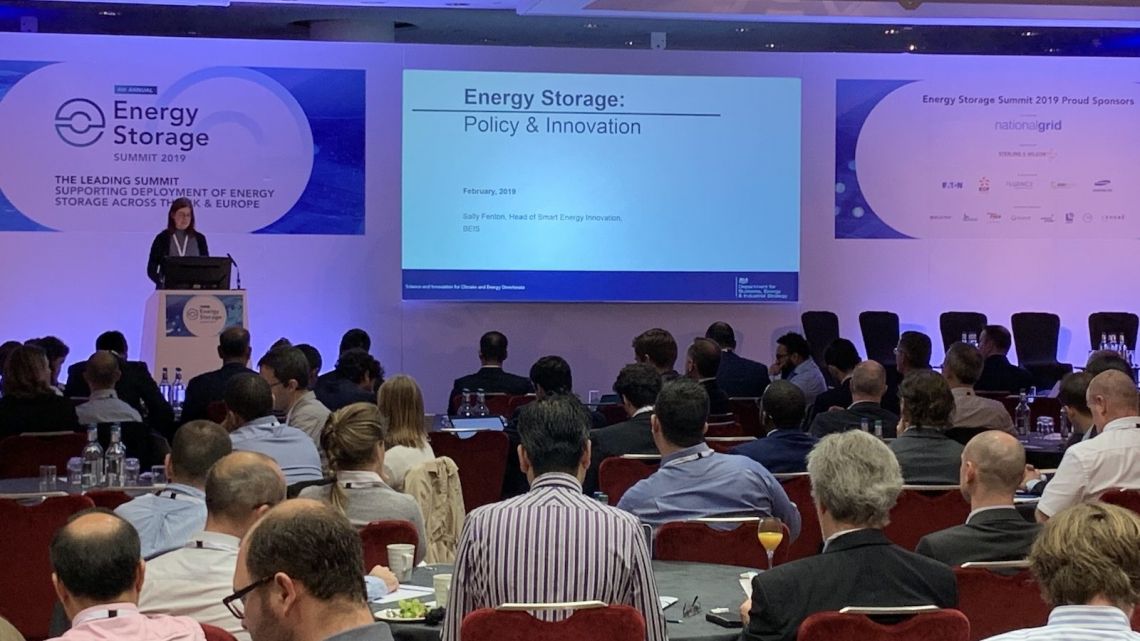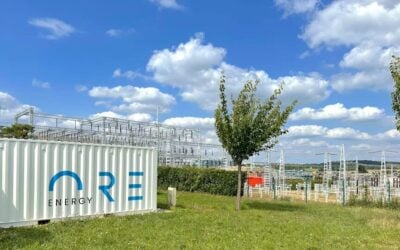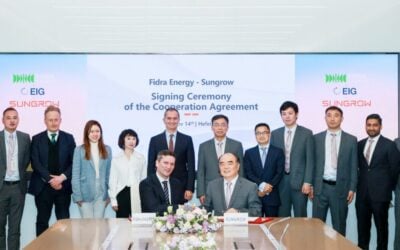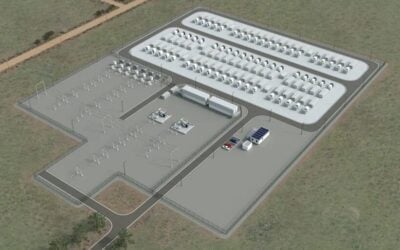
A process of gathering information, evidence and analysis on long-duration energy storage technologies and the role they could play in the UK’s energy system has begun, launched by the government Department for Business, Energy and Industrial Strategy (BEIS).
A long-duration energy storage call for evidence was the final document in a deluge of policy papers released by the UK government on 20 July.
Examining the barriers in the current market, how they might be addressed and the risks associated with potential interventions, the Department for Business, Energy and Industrial Strategy (BEIS) is to use the information to help it establish the need for large-scale long-duration electricity storage (LLES), collect evidence on the potential pipeline of storage projects, determine the case for intervention and consider the sort of mechanism that would be appropriate.
Describing electricity storage as an “essential” source of low carbon flexibility that currently faces barriers limiting its deployment, BEIS said its own analysis shows around 30GW of short duration storage and flexible demand alone may be needed in 2050, however this does not include longer duration storage.
Try Premium for just $1
- Full premium access for the first month at only $1
- Converts to an annual rate after 30 days unless cancelled
- Cancel anytime during the trial period
Premium Benefits
- Expert industry analysis and interviews
- Digital access to PV Tech Power journal
- Exclusive event discounts
Or get the full Premium subscription right away
Or continue reading this article for free
It defines LLES projects as being able to store and discharge energy for over 4 hours, and up to days, weeks and months, and deliver power of at least 100MW when required. This definition is one of the elements it is seeking views on.
It is also seeking views on whether the electricity system requires and will benefit from LLES delivering a range of services including providing stability services, providing storage over different durations, supporting network constraints and reducing the need for additional low carbon generation by better utilising existing sources of renewable generation.
Whether there will be a need for a range of different LLES technologies is also an area being looked at in the call for evidence.
To read the full version of this story, visit Current±.





